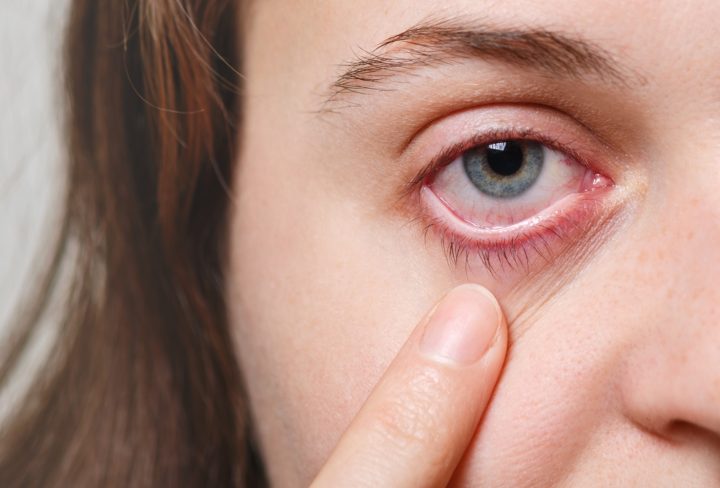When dealing with retinal detachment, there are certain do’s and don’ts to keep in mind.
Do’s:
Seek Immediate Medical Treatment: If you experience symptoms of retinal detachment, such as floaters, flashes of light, or a curtain-like shadow over your vision, seek immediate medical care from an eye care professional or visit an emergency department.
Follow Your Treatment Plan: Adhere to the treatment plan for retinal detachment as prescribed by your ophthalmologist. This may include medications, eye drops, positioning instructions, and any necessary follow-up visits.
Protect Your Eyes: After treatment, take precautions to protect your eyes from potential harm. It is essential to wear eye protection while participating in activities that pose a risk of eye injury, such as sports or work involving flying debris.
Attend Regular Eye Exams: Schedule regular comprehensive eye examinations to monitor the treatment progress and health of your eyes, even after successful treatment. Routine check-ups can help detect any new tears or detachments early.
Don’ts:
Avoid Rubbing Your Eyes: Refrain from rubbing or applying excessive pressure to your eyes, as this can further damage the delicate structures of the retina and potentially worsen the detachment.
Limit Strenuous Activities: Avoid engaging in strenuous activities or heavy lifting that could strain your eyes and potentially impact the healing process. Follow your healthcare professional’s guidance regarding activity restrictions during the recovery period.
Don’t Delay Seeking Treatment: Retinal detachment requires prompt medical intervention. Any delay in seeking medical treatment can lead to further damage and potentially irreversible vision loss. Always prioritize seeking medical attention as soon as possible.
Don’t Ignore Symptoms: Even if your symptoms improve or subside, it is essential not to ignore them. The resolution of symptoms may not indicate that the detachment has resolved. Promptly report any changes or new symptoms to your healthcare professional.
Consult your doctor for personalized advice and guidance specific to your condition.

